QA Engineer in Japan - Everything You Need to Know
Quality Assurance.
That is what QA stands for.
That was for the casual Google searchers.
Now that they’re gone, we can get into the good stuff.
I spoke with Manthila Baduraliyage, a technical recruiter in Tokyo, to get all of the insights you need to know about QA jobs in Japan.
Manthila is working with one of the fastest growing companies in Japan to hire English speaking QA engineers.
She gave me all of the info you need to get a QA job in Japan including the responsibilities, the day to day tasks, requirements, tips for getting the job, and why applicants have been rejected.
There’s a lot to cover, so let’s get started.
What is QA Engineering?
At its core, QA engineering is about ensuring the quality of software before it reaches the customer. It's a supportive role for development teams, requiring a basic understanding of engineering to identify issues and effectively communicate them. This role often involves a dynamic feedback loop with engineers, focusing on improving code quality.
Types of QA: Automation vs. Manual
Automation QA: Involves technical skills to develop and maintain automated test scripts. Responsibilities include test planning, tool selection, script execution, continuous integration, defect reporting, maintenance, and cross-platform testing.
Manual QA: Focuses on designing and executing test cases manually. Responsibilities encompass exploratory testing, regression testing, usability testing, ad hoc testing, defect reporting, and providing feedback.
Gaming QA: A Special Case
In the gaming sector, QA roles can be volatile, with higher turnover due to the nature of the industry. Here, listening to angry gamer feedback post-launch is critical to quickly addressing issues and maintaining the game's reputation and player base.
In smaller companies, QA engineers in gaming might also handle customer support roles, especially if they possess language skills relevant to the customer base.
Contractual Nature in Japan
Many QA positions in Japan are contract-based, reflecting the project-based nature of the industry. This means QA engineers must be adaptable and ready for rapid changes.
Responsibilities of a QA Engineer in Japan
Routine QA Operations:
Implementation of Routine QA Work: Involvement in daily QA activities, ensuring all processes are carried out efficiently.
Test Strategy and Planning: Developing and implementing robust testing strategies and plans. This includes understanding the scope of the project and determining the necessary testing methods.
Test Design: Crafting detailed test cases and scenarios that align with the software's requirements and specifications.
Quality Control Operations:
Test Specification Formulation and Execution: Creating and executing test specifications, ensuring they meet the project's goals and objectives.
Test System and Process Improvement: Enhancing existing test implementation systems and processes for better efficiency and effectiveness.
Quality Level Adjustment and Evaluation: Assessing and adjusting quality levels during the release of new functions, ensuring the software meets the desired standards.
Testing Scope Expansion: Utilizing third-party verification companies to extend the testing scope, covering more aspects of the application for a comprehensive quality check.
Test Automation:
Maintaining and Expanding Test Automation: Keeping the automation systems up-to-date and expanding their use to encompass newly developed applications.
Application of Automation Tools: Extending automation tools' usage to smartphone applications, ensuring a consistent testing approach across different platforms.
Project-Specific Responsibilities:
Collaboration with Developers: Working closely with the software development team to receive tasks and understand the specific areas that require testing.
Support Ticket Management: Responding to support tickets from users, identifying issues, and coordinating with the development team for resolutions.
Role in the Gaming Industry:
Target and KPI Management: In gaming QA, managing designated ticket numbers and ensuring the resolution of issues within set timelines.
Language-Specific Support: Providing customer support in specific languages, if applicable, to cater to a diverse user base.
Now, let's break down what you will actually be doing every day of your life, except on weekends and holidays:
Day-to-Day Activities: A Day in QA
Morning Routine:
Start of the Day: Begin by reviewing any new communications or updates. This might include checking emails, project management tools, and any urgent messages from the development team.
Daily Stand-Up Meeting: Attend a brief team meeting, usually a stand-up, to discuss the day's goals, share progress on current tasks, and highlight any obstacles that might need team input.
Review and Prioritize Tasks: Examine the task list for the day, which could include new tasks assigned by developers, pending test cases, or support tickets from users. Prioritize these tasks based on urgency and importance.
Mid-Morning:
Executing Test Plans: Start working on planned testing activities. This could involve executing test cases, manual testing for new features, or running automated test scripts.
Issue Documentation: While testing, document any bugs or issues encountered. This includes recording steps to reproduce the issue, capturing screenshots if necessary, and logging them into a bug tracking system.
Collaborative Discussions: There might be quick sync-ups with developers to clarify requirements or discuss any immediate issues found during testing.
Lunch Break:
Eat lunch (obviously).
Early Afternoon:
Continued Testing: Resume testing activities, focusing on different aspects like regression, performance, or usability testing based on the project needs.
Ticket Management: Address customer support tickets or bug reports from users. This involves categorizing, replicating issues if needed, and forwarding them to relevant teams with recommendations.
Update Test Documentation: Ensure all test cases and results are accurately recorded for future reference and reporting.
Late Afternoon:
Meeting with the Development Team: Participate in meetings to discuss findings, provide feedback on the quality, and suggest improvements. This is also a time to align on the next steps and understand development updates.
Preparation for the Next Day: Start wrapping up the day's work by organizing tasks for the next day, updating the status of ongoing projects, and setting priorities.
End of the Day:
Final Check: Make a final check on emails and messages to ensure no critical issues or communications are missed.
Day's Closure: Log off with a sense of accomplishment, having contributed to the quality and success of the projects.
Special Considerations in Gaming QA:
In the gaming industry, part of the day might also involve reviewing game-specific feedback from players, which could include intense user comments or bug reports.
Individual Responsibilities:
For those working on smaller mobile apps or in smaller teams, there might be a greater focus on individual testing tasks, requiring more autonomous decision-making and self-management.
This breakdown illustrates the diverse and dynamic nature of a QA Engineer's day in Japan, highlighting the blend of technical, communicative, and organizational skills essential to the role.
Example QA Tech Stack
Infrastructure: AWS (EC2, ECS, S3, Aurora, Lambda, etc.)
OS: Windows Server, Linux, ECS, Docker
Database: Amazon Aurora (MySQL)
Middleware: Nginx, Tomcat
Languages: Go, Python, Swift, Kotlin, Java, JavaScript
Monitoring: DataDog, PagerDuty
BI: Google BigQuery
Automated Testing: Autify
What are the requirements to make this your everyday life as a QA Engineer in Japan?
Requirements for a QA Engineer in Japan
Core Requirements:
JSTQB Certification: Holding a JSTQB (Japanese Software Testing Qualifications Board) certification is highly valued. This certification, which is available for testing every month, demonstrates a foundational understanding and competence in software testing.
Testing Experience: Practical experience in testing is crucial. This includes experience with web applications, mobile applications, and business applications. While a strong coding background is not mandatory, some familiarity with development processes is beneficial, particularly for those looking to move towards automation in QA engineering.
Development Background: A background in software development, even if not extensive, can be advantageous. This helps in understanding the software development lifecycle and better communication with the development team.
Technical Proficiencies:
Experience in Developing and Implementing Test Specifications: Proven ability to create and execute detailed test plans and specifications.
Automated Testing Skills: For those aiming at automation QA roles, skills in automated testing and familiarity with tools like Autify, Selenium, Appium, etc., are highly desirable.
Web and Mobile Application Testing: Experience in testing web and mobile applications is particularly important, given the prevalence of these platforms in today’s technology landscape.
Additional Competencies:
Bilingual Abilities: Proficiency in more than one language, especially Japanese, can be a significant advantage in the Japanese market. This skill is crucial for effective communication within diverse teams and with clients or stakeholders.
Project Experience: Having worked on larger projects can be a key differentiator, demonstrating the ability to handle complex tasks and collaborate within larger teams.
Team Management Experience: For senior roles, experience in QA team management is often sought after. This includes the ability to lead projects, manage timelines, and mentor junior team members.
Bonus Points:
Experience with Third-Party Verification: Experience in conducting tests while coordinating with a third-party verification company can be a plus.
Service Design and Operation Experience: Experience in designing and operating web services, smartphone apps, etc., can be advantageous.
Tool Creation for Streamlined Testing: Interest and experience in creating tools to streamline test implementation showcase a proactive approach to QA.
Experience in Mission-Critical Systems: Testing experience in systems where reliability and performance are critical can set a candidate apart.
Innovative Problem-Solving Skills: The ability to identify issues during the testing period that can significantly improve the product indicates a candidate's proactive and innovative mindset.
Here are the 5 skills that Manthila said you should focus on to get a job as an Engineering Manager.
5 Skills That Will Make You Stand Out
1. Bilingual Proficiency
Why It Is Important:
Bilingual proficiency, especially in Japanese, is crucial in Japan for effective communication within diverse teams and with clients. It facilitates a better understanding of project requirements, enhances collaboration, and enables QA Engineers to handle documentation and customer support more efficiently.
How to Build It:
Language Courses: Enroll in language courses specifically designed for professional contexts.
Practice Regularly: Engage in conversation with native speakers, join language exchange meetups, or use language learning apps.
Professional Settings Exposure: Gain exposure to the language in professional settings, like attending meetings or workshops in the target language.
2. 2-3 Years of Testing Experience
Why It Is Important:
Experience showcases a proven track record in QA, indicating familiarity with various testing methodologies, problem-solving skills, and the ability to handle complex projects.
How to Build It:
Hands-On Practice: Start with entry-level QA roles or internships to gain practical experience.
Diverse Project Exposure: Work on different types of projects to understand various challenges and solutions in QA.
Continuous Learning: Keep up with industry trends and advancements in QA methodologies.
3. JSTQB Certification
Why It Is Important:
The JSTQB certification is a recognized standard that demonstrates a foundational understanding of QA processes and methodologies, making you a credible and knowledgeable candidate.
How to Build It:
Study and Prepare: Use JSTQB preparation materials and courses to understand the syllabus thoroughly.
Mock Exams: Practice with mock exams to get familiar with the format and types of questions.
Regular Learning: Keep learning about new testing trends and tools to stay updated.
4. Selenium or Similar Test Automation Tools
Why It Is Important:
Proficiency in test automation tools like Selenium indicates a higher technical capability in QA, allowing for efficient and scalable testing processes.
How to Build It:
Online Courses and Tutorials: Utilize online resources to learn and practice using Selenium or similar tools.
Project Application: Apply these tools in real or simulated projects to gain hands-on experience.
Community Engagement: Participate in forums and communities to learn from experienced professionals.
5. Experience with Mobile and Web Applications
Why It Is Important:
With the prevalence of web and mobile platforms, experience in these areas is critical, ensuring that QA Engineers can effectively test applications that are in high demand in the market.
How to Build It:
Specialized Training: Undertake training focused on web and mobile application testing.
Project Participation: Gain experience by participating in relevant projects, either as a part of a job or through volunteer opportunities.
Keep Up with Trends: Stay informed about the latest trends and technologies in web and mobile application development.
What is the career path for you as a QA Engineer?
QA Engineer Career Progression
Entry-Level QA Engineer
Focus: Gaining foundational skills in QA processes and methodologies.
Key Tasks: Manual testing, basic bug reporting, and learning basic tools.
Goal: Build a solid base in QA principles and practices.
Intermediate QA Engineer
Focus: Enhancing skills and taking on more complex tasks.
Key Tasks: More involved in test planning, automated testing, and handling diverse projects.
Goal: Develop a deeper understanding of QA and start specializing.
Specialization in Automation Testing
Focus: Developing expertise in automated testing tools and processes.
Key Tasks: Creating and maintaining automated test scripts, and integrating tests into CI/CD pipelines.
Goal: Become proficient in automation to improve testing efficiency and coverage.
Senior QA Engineer
Focus: Mastery of QA processes, mentoring juniors.
Key Tasks: Overseeing major projects, strategic planning for testing, and advanced problem-solving.
Goal: Establish leadership in QA and contribute to higher-level project strategies.
QA Team Lead
Focus: Leading a team of QA professionals, and managing projects.
Key Tasks: Team management, project oversight, stakeholder communication.
Goal: Ensure the success of QA projects while managing team dynamics and client expectations.
Decision Point: Further Specialization or Project Management
Path A - Advanced Senior QA Engineer: Deepen technical expertise, focus on complex challenges, and contribute to innovative QA strategies.
Path B - Project Management: Shift focus to broader project management, overseeing multiple projects and teams, with an emphasis on timeline and resource management.
QA Director/Head of QA (Optional)
Focus: Strategic leadership in QA at an organizational level.
Key Tasks: Setting QA direction for the company, high-level planning, and cross-department collaboration.
Goal: Drive the overall QA vision and practices, ensuring alignment with organizational objectives.
Ready to apply? Use this link to reach out to us!
Before you do, here are some tips from Manthila to help you land the job.
Tips for Landing a QA Engineer Job in Japan
Resume Tips
Highlight Automation Testing: Emphasize any experience with automation testing, especially if you've used tools like Autify. This shows that you're capable of working with advanced testing methodologies.
Showcase Testing Volume: Detail the volume and complexity of your managed tests. This could include the number of test cases, the variety of applications tested, or the scale of the projects you've worked on.
Mention Successful Project Outcomes: If you've contributed to the successful launch of a product or identified critical issues during testing that led to significant improvements, make sure to highlight these achievements. This demonstrates your impact on the project's success.
Time Management Skills: Illustrate your ability to work within tight deadlines or high-pressure environments. This is particularly important in QA roles where time management is key.
Specific Examples: Provide concrete examples of your work and its impact. This could include instances where your testing led to bug fixes, performance improvements, or enhanced user experience.
Interview Tips
Prepare Your Project Stories: Think about the projects you've worked on and be ready to discuss them in detail. Highlight your specific contributions, challenges faced, and how you overcame them.
Understand Your CV Inside Out: Be prepared to discuss anything you've mentioned in your CV. This shows honesty and thoroughness.
Communicate Effectively: Find ways to clearly and effectively communicate the scope of the projects you've worked on. This helps interviewers understand your experience level and the complexity of tasks you can handle.
Don’t Leave Out Key Information: Ensure you mention all relevant experiences and skills during the interview. Omitting key information can undersell your capabilities.
Be Yourself: Avoid trying to portray a persona. Authenticity can be a key differentiator.
CAT Test Tips
Read Instructions Carefully: Before starting the CAT test, ensure you understand what is required. This helps in avoiding simple mistakes and demonstrates your attention to detail.
Let’s go over the reasons Manthila has seen people get rejected.
Reasons for Rejection of QA Engineer Roles in Japan
Insufficient Experience in Software Testing
Lack of Depth in Testing Experience: Candidates who do not possess a substantial background in various testing methodologies, especially in complex testing environments, may find it challenging to meet the expectations of the role.
Limited Scope of Previous Projects: If previous projects were not diverse or challenging enough, this could indicate a lack of preparedness for the multifaceted testing scenarios in advanced roles.
Lack of Automation Testing Experience
Inadequacy in Technical Skills: Automation testing often requires a strong grasp of technical skills and familiarity with specific tools like Selenium or Autify. A lack of experience in this area can be a significant disadvantage.
Unfamiliarity with Current Automation Practices: Staying updated with the latest automation techniques and tools is crucial. Candidates not up to date with current practices may struggle to meet the technical demands of the role.
Language Proficiency Issues
Inadequate Japanese Language Skills: For the Japanese market, fluency or proficiency in Japanese is often essential for effective communication within teams and with clients.
Limited English Proficiency in International Settings: In some cases, especially in multinational companies or teams, a strong command of English may also be required.
Mismatch of Expectations
Misaligned Career Goals: Candidates whose career aspirations or expectations from the role do not align with the company's vision or the job's responsibilities may face rejection.
Incompatible Salary Expectations: If a candidate’s salary expectations greatly exceed the budget for the position, this could lead to rejection.
Cultural Fit: Sometimes, a candidate might be technically proficient but may need to align better with the company's culture or work environment.
Technical or Certification Gaps
Lack of Relevant Certifications: Missing key certifications like JSTQB can be a disadvantage, as they are often seen as a benchmark of professional competence in the field.
Outdated Technical Knowledge: Not keeping up with the latest trends, tools, and techniques in QA can make a candidate less competitive.
Poor Interview Performance
Inability to Effectively Communicate Past Projects and Skills: Candidates who struggle to articulate their experience, achievements, and the scope of their previous projects may fail to impress in interviews.
Lack of Preparation: Candidates who appear unprepared or have not thoroughly researched the company and the role may be perceived as less serious or committed.
FAQ for QA Engineers in Japan
What is the difference between QA (Quality Assurance) and Software Testing?
QA (Quality Assurance):
Broader Scope: QA is a process-oriented approach that focuses on preventing defects in a product and ensuring the quality of the development process.
Preventive Measures: Activities like process definition, process improvement, and setting standards to prevent errors and issues.
Continuous Improvement: QA is about establishing and maintaining a quality management system, aiming for long-term quality enhancements across the entire development cycle.
Software Testing:
Specific Activity: Software testing is a subset of QA, more focused on the actual execution of tests to identify defects in the software.
Corrective Measures: It is about executing the software in various scenarios to find bugs or issues.
Product-Oriented: Testing is directly related to the product itself, ensuring it meets the required specifications and is free of defects.
What kind of projects do QA Engineers typically work on in Japan?
QA Engineers in Japan work on a variety of projects, ranging from web and mobile applications to complex business systems. In the gaming industry, QA Engineers are particularly involved in ensuring the quality of games, which includes both pre-launch testing and post-launch maintenance. The type of project often depends on the company's focus, whether it's consumer-facing apps, B2B solutions, or specialized software products.
Is fluency in Japanese necessary for QA roles in Japan?
While not always mandatory, proficiency in Japanese is highly beneficial and, in many cases, essential for effective communication within teams and with clients. It is especially important for companies that primarily cater to the Japanese market. However, in international companies or teams, English might suffice, but having Japanese language skills can still be a significant advantage.
How important is it for a QA Engineer to have coding skills?
Coding skills are becoming increasingly important, particularly for roles focused on automation testing. While manual testing doesn't require extensive coding knowledge, understanding basic programming concepts can be beneficial. For automation QA roles, proficiency in relevant scripting languages and familiarity with automation frameworks like Selenium is often essential.
Can a career in QA lead to other opportunities within the tech industry?
Absolutely. A career in QA can open doors to various opportunities within the tech industry. Experienced QA Engineers may move into roles such as QA Team Lead, Project Manager, or even higher management positions. The analytical, technical, and project management skills developed in QA are highly transferable and valued across different areas in tech.
How can I apply to be a QA in Japan?
Message us using this link to learn what positions are currently open in Tokyo!



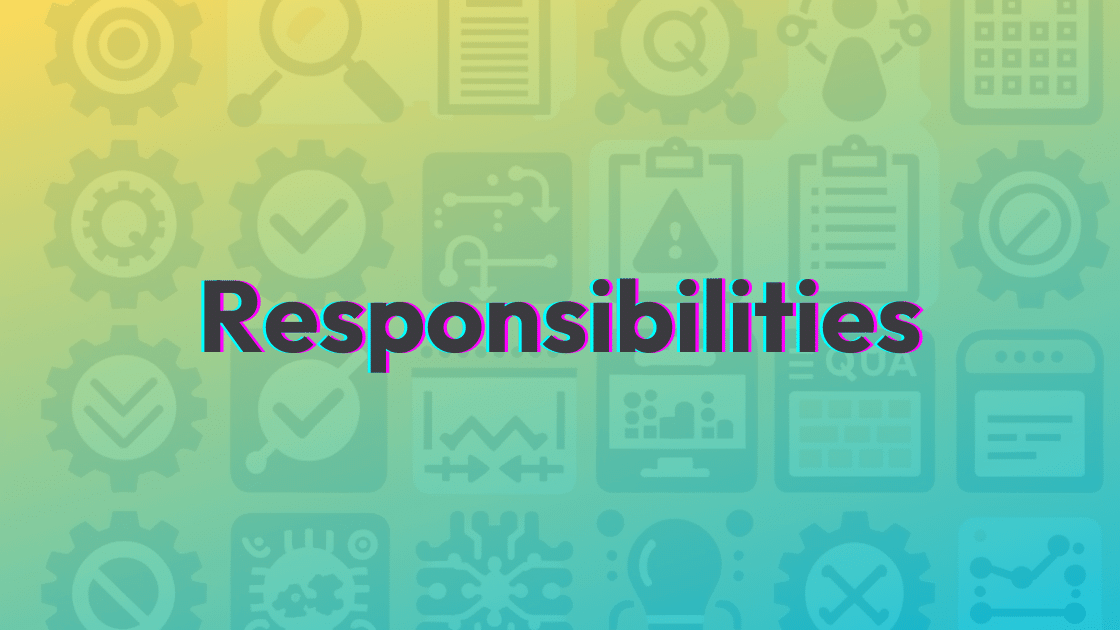

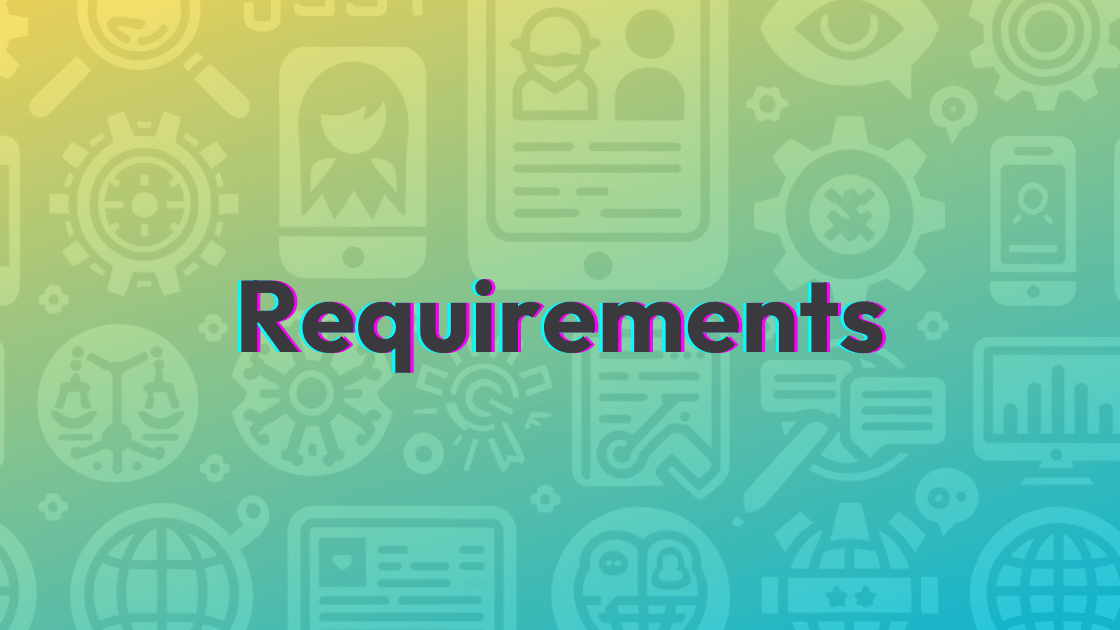

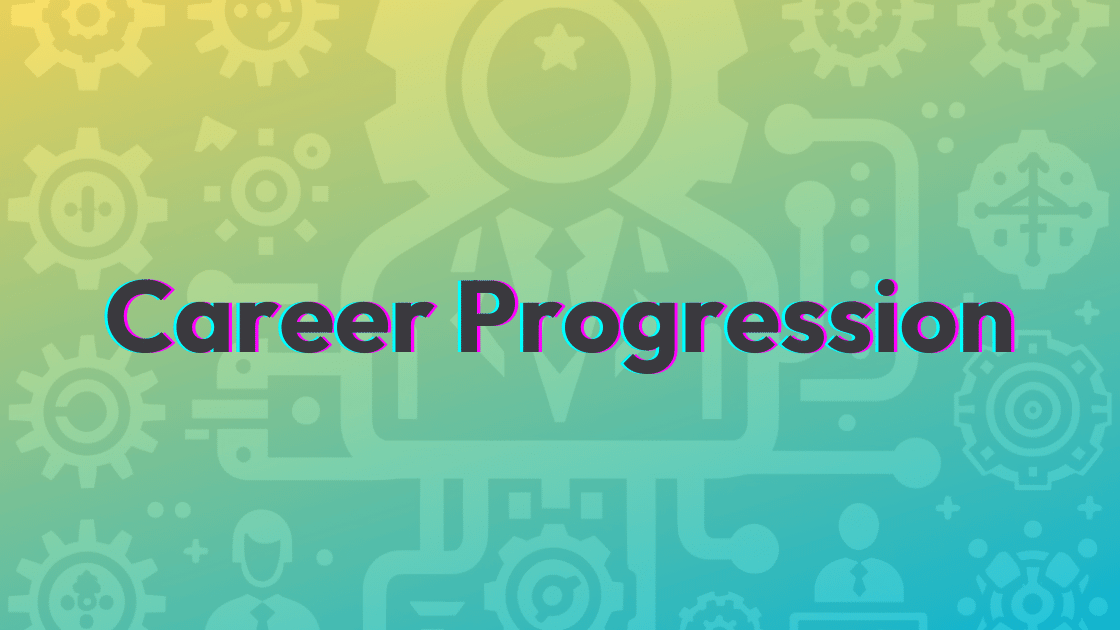

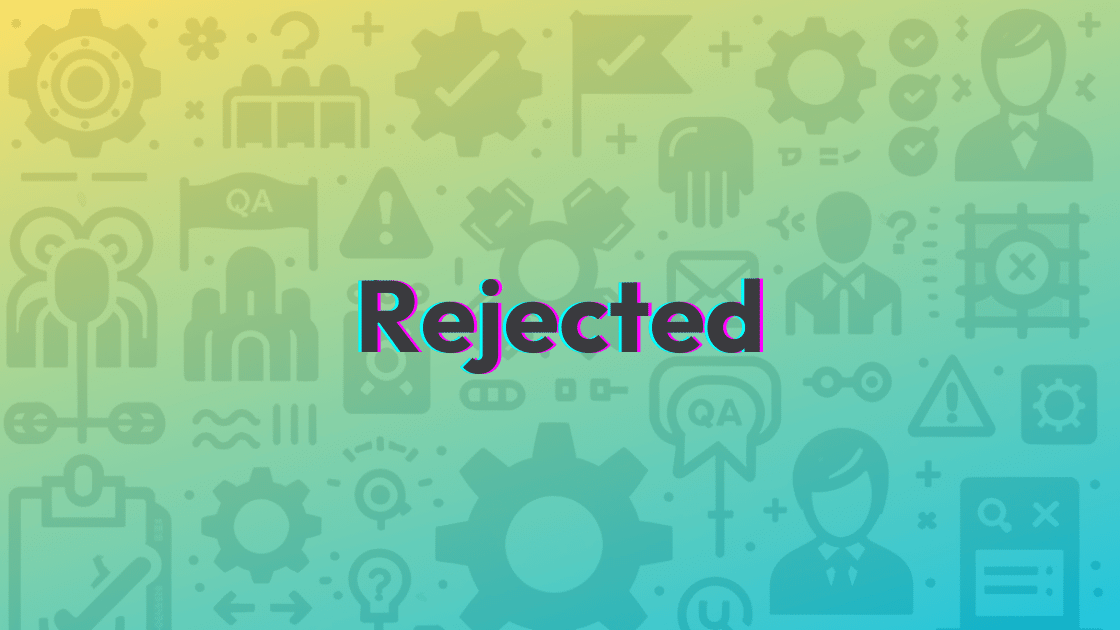
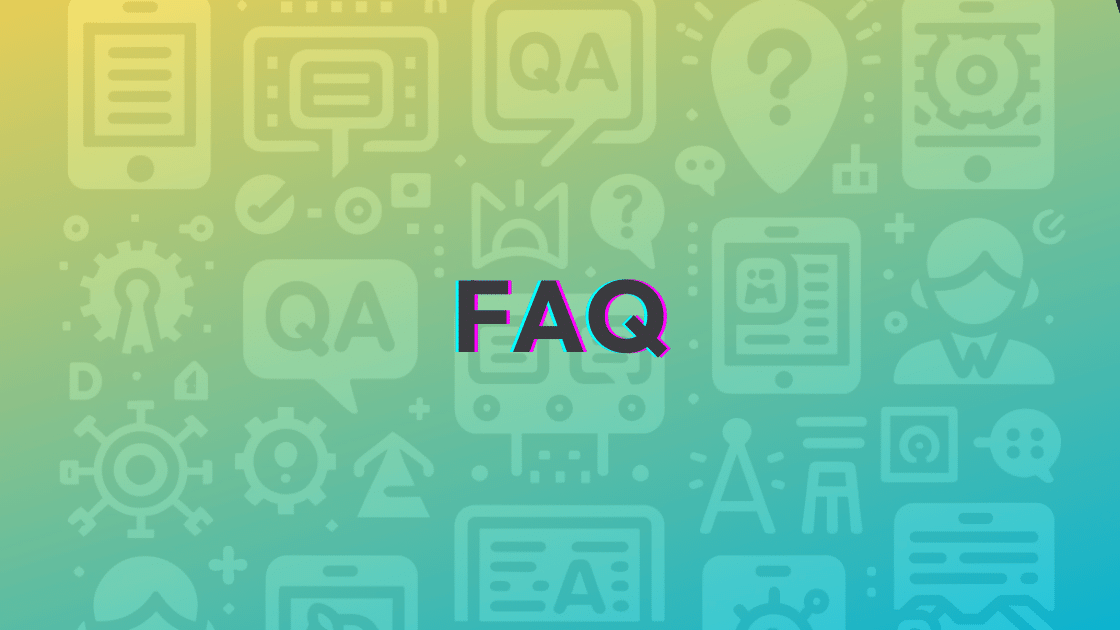














![Presales Engineer Salary in Japan [NO ADS]](https://images.squarespace-cdn.com/content/v1/5c6e2dad94d71a1ea569fca0/1726807879580-PBSOTUL03B7DQRADXG1U/Presales+Engineer+Salary+blog+%28800+x+600+px%29.png)




